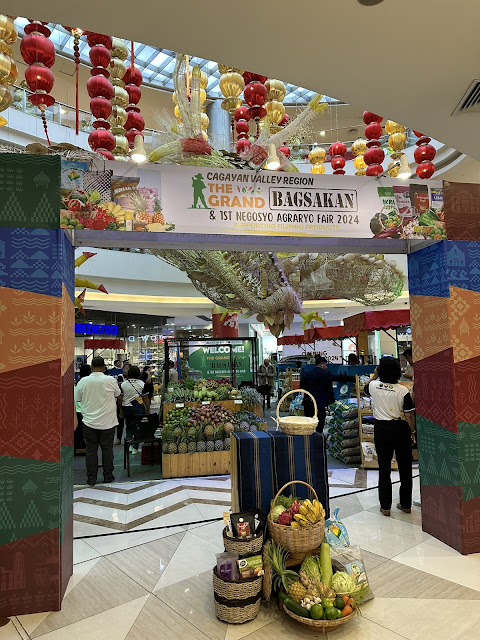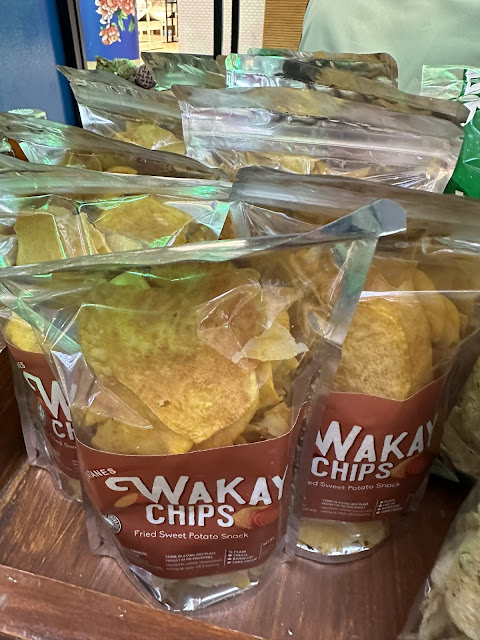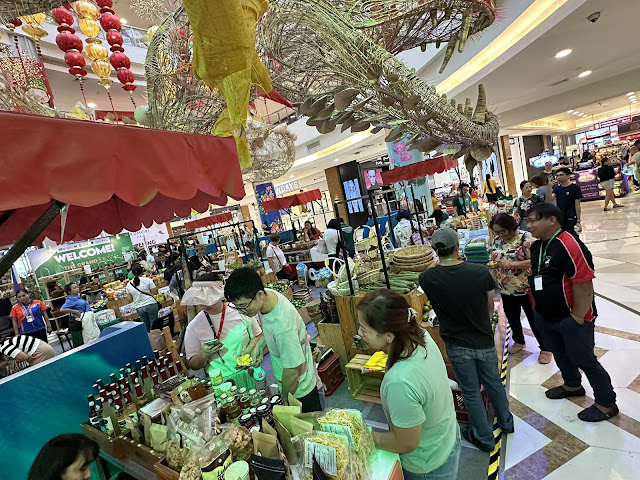When you picture the backbone of our nation, imagine a pair of weathered hands—calloused from years of tilling the soil, planting seeds, and harvesting crops under the unforgiving sun. These are the hands of the Filipino farmer. And yet, today, the average age of those hands is 57 years old.
It is a sobering number. Within a decade, many of these farmers will be too old to carry the burden of feeding over 110 million Filipinos. The question then looms: Who will till the land when they can no longer do so?
The Aging Farmer Crisis
Agriculture has long been regarded as the heart of Philippine society, but it is an aging heart. Younger generations are increasingly turning away from farming, drawn instead to urban jobs or opportunities abroad. They see farming as backbreaking, unprofitable, and disconnected from modern aspirations.
This is the tragedy of perception. For too long, farmers have remained among the poorest in the country, often earning less than the minimum wage, despite their vital role. The absence of secure land ownership, lack of access to modern technology, and limited market linkages have only fueled this cycle of disinterest.
Agrarian Reform: A Promise Taking Root
And yet, hope endures in the soil. Through the Comprehensive Agrarian Reform Program (CARP) and its successor initiatives, hundreds of thousands of farmers—known as agrarian reform beneficiaries (ARBs)—have finally received legal ownership of the land they till.
Owning land is not just about a piece of paper. It is about dignity, empowerment, and the chance to dream bigger. It transforms farmers from tenants to entrepreneurs. It gives them the courage to invest in better seeds, to mechanize, and to join cooperatives that open the door to larger markets.
Programs like the Support to Parcelization of Lands for Individual Titling (SPLIT) project are accelerating this progress, aiming to distribute over 1.38 million hectares of collective land titles into individual ones. Each land title handed over is more than a certificate—it is a seed of hope planted for the next generation.
A Future Worth Cultivating
Agrarian reform alone is not enough. The future of Philippine agriculture depends on making farming attractive again. Imagine farms where young men and women use drones to monitor crops, apps to forecast weather, and cooperatives that link directly with global markets. Imagine farming as a profession that brings not only pride but also prosperity.
This is possible when agrarian reform is paired with investments in training, credit, farm-to-market roads, irrigation, and digital transformation. It is possible when we tell the stories of farmers not as symbols of hardship, but as champions of resilience, innovation, and nation-building.
The Call to the Next Generation
The Philippines cannot afford to let its farmers grow old without successors. Food security, rural development, and national stability all depend on cultivating the next wave of farmers.
And so, the call is clear: to the youth, to policymakers, to private investors, to every Filipino who eats rice every day—support the farmer. Because the future of Philippine agriculture lies not only in machines, policies, or infrastructure, but in ensuring that there will always be hands willing and able to plant the seeds of tomorrow.
For when the last of today’s farmers hangs up his hat, the question will remain: Who will feed the nation?





































































